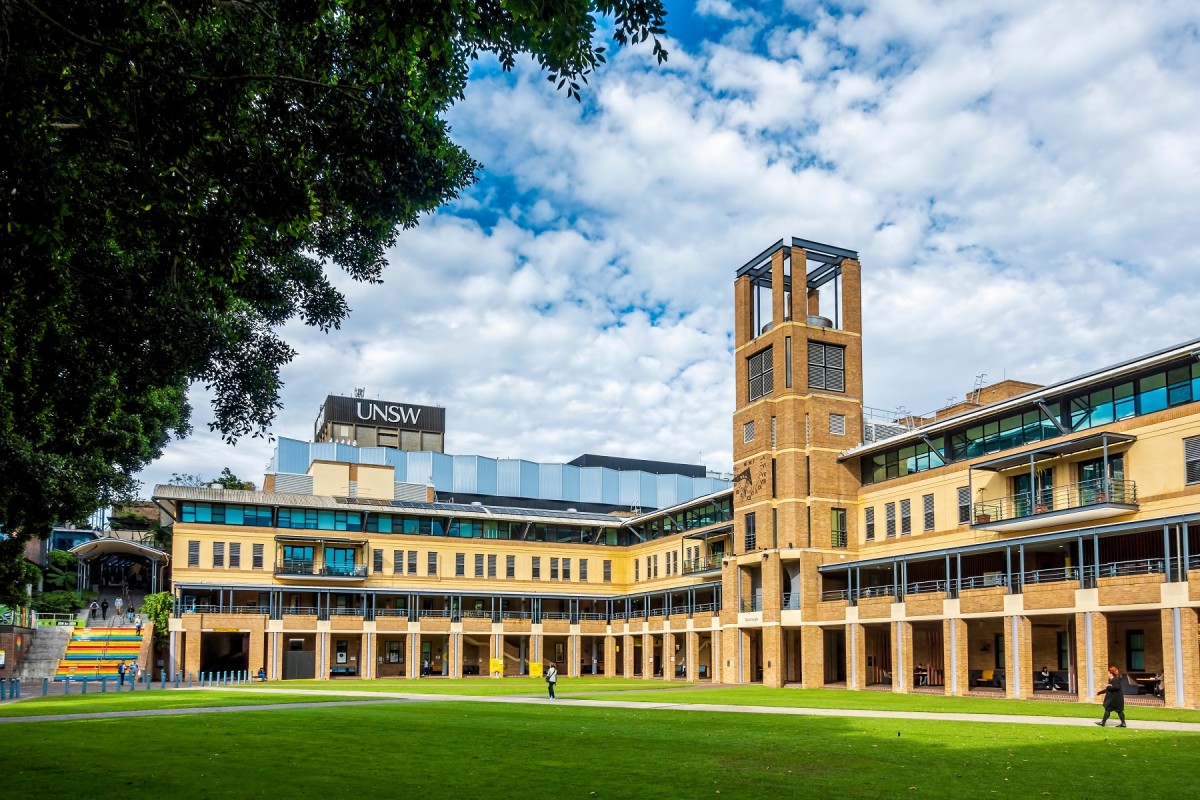UNSW Sydney to lead Australia and Germany green metals collaboration

Researchers from the University of New South Wales (UNSW Sydney) have released the first report exploring the feasibility of collaboration on hydrogen and green metals.
As part of the Federal Government’s Green Metals for Sustainable Steel from Australia and Germany (SuSteelAG) initiative, the Australian Department of Climate Change, Energy, the Environment and Water (DCCEEW) and the German Federal Ministry of Education and Research (BMBF) are exploring the potential of creating a sustainable green iron and steel value chain between the two countries.
Australia and Germany are strengthening opportunities for collaboration in green hydrogen and green metals, helping Australia build a ‘Future Made in Australia’ and become a renewable energy superpower.
UNSW Sydney is leading the SuSteelAG initiative, with the first report suggesting there is genuine opportunity for a partnership between these two countries in the future of industrial decarbonisation.
A second report will explore the different technology pathways available for green iron and steel production, while a third will perform a techno-economic assessment of a potential green iron and steel value chain between Australia and Germany.
Speaking at the Asia Pacific Hydrogen Summit in Brisbane, Climate Change and Energy Minister Chris Bowen commented on the initiative.
“This [the initiative] is about how Australian green iron can support the decarbonisation of Germany’s economy. It will investigate decarbonising hard to abate sectors, while maintaining jobs and productive capacity of core industries,” he said.
“It builds on our significant bilateral activity and signals a move to support regular exchanges and joint work across energy efficiency, energy security and transitions, international climate action and cooperation, and of course hydrogen.
“All of this is a massive vote of confidence in Australia’s green industry.”
The report was produced by a team of researchers and academics from UNSW Sydney’s School of Minerals and Energy Resources Engineering and the Australian Research Council Training Centre for the Global Hydrogen Economy.






















